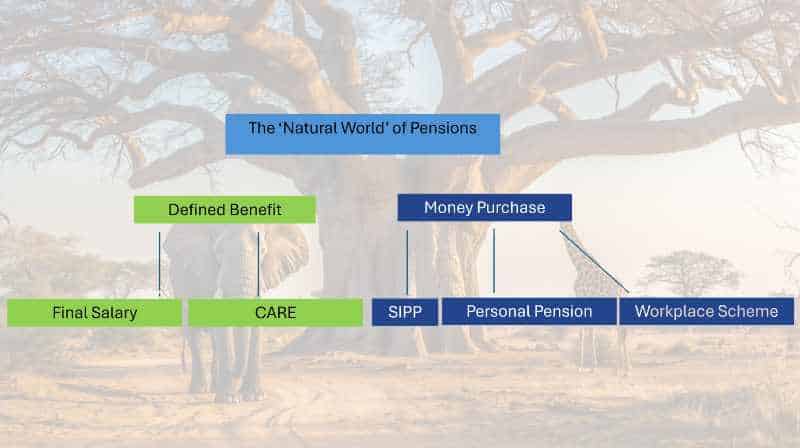
“Greed is good.”
The above quote by Michael Douglas playing Gordon Gecko in the film Wall Street is often used to express resentment at the malignancy of capitalism. How the avarice of the wealthy is to the detriment of those without wealth, and the planet at large. The survival of the fittest at the cost of everyone and everything the capitalist machine leaves in its wake.
Of course, it is true money can bring out the worst in people; the relentless pursuit of more no matter the effect. It has caused many corporate scandals and will continue to do so.
However, the comforts and luxuries we enjoy are a direct consequence of the capitalist society we are fortunate to have been raised in. Socialism, the only alternative economic model, has created far greater destruction and suffering than the market forces of capitalism.
The climate emergency is a consequence of our species’ relentless pursuit for more. Our demand for more, for less, has accelerated the raising of atmospheric temperatures, the destruction of precious habitats and the endangering of many species. But to blame that solely on capitalism is to reject our own part in creating the problem. We’ve all got carbon on our hands.
Greta Thunberg, Extinction Rebellion & Insulate Britain can highlight the issues through passive and active protestations, but the solutions aren’t found through activism.
Nor can they be found through international conferences for world leaders where there is seemingly as much hot air produced as there is through a coal-fired energy plant.
However, governments have an important role to play in creating the landscape for the private sector to find solutions. This means providing the tax & regulatory framework and access to funding to allow innovators and entrepreneurs the opportunity to undertake R&D, without all the risk of failure falling on them. It also helps reduce the cost premium of going green.
It seems every day there are examples of companies that are making the most of the opportunity to improve the green economy and tackle the climate emergency. To list just a few:
- Carbon capture cement, one of the most carbon-intensive manufacturing processes, responsible for up to 8% of global man-made CO2 production annually.
- The improvement to battery technology which helps the transition to electric vehicles.
- Biotechnology innovations to decarbonise the food industry; increasing yields, improving plant resilience and creating packaging that uses plant oils that naturally break down in soil and water, to cite a few examples.
- Improvements in nuclear power making it more efficient and safer to generate.
For companies, there is also the incentive not to be caught on the wrong side of the climate change issue. Regardless of the sector a company operates in, any negative PR from climate-related failings risks alienating customers, shareholders, suppliers and other key stakeholders. Furthermore, carbon taxes provide a financial risk to not taking climate change responsibilities seriously.
Capitalism has also created billionaires like Bill Gates who are using their wealth to leave a lasting legacy, rather than funding private space travel.
For investors like you and me, the opportunity comes from owning parts of these companies within our pension and investment portfolios. As shareholders we know that we are at least part of the solution rather than the problem and can benefit from the financial return of companies at the vanguard of the battle against climate change. We also get a say in how they are run and managed.
So, we may point to the ills of capitalism as evidence for its failings, but without it there is no solution.
Photo by Markus Spiske on Unsplash






